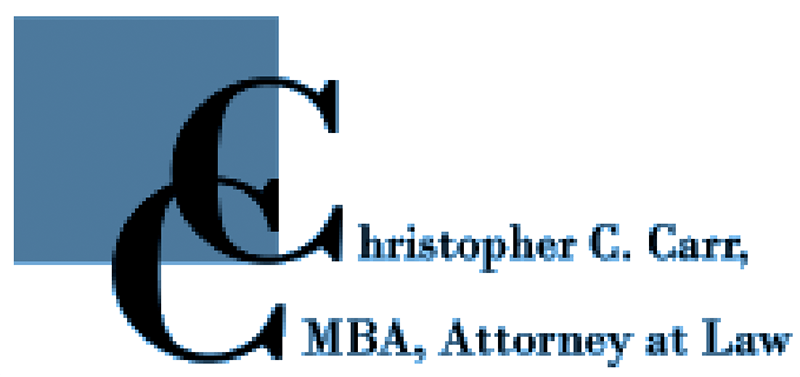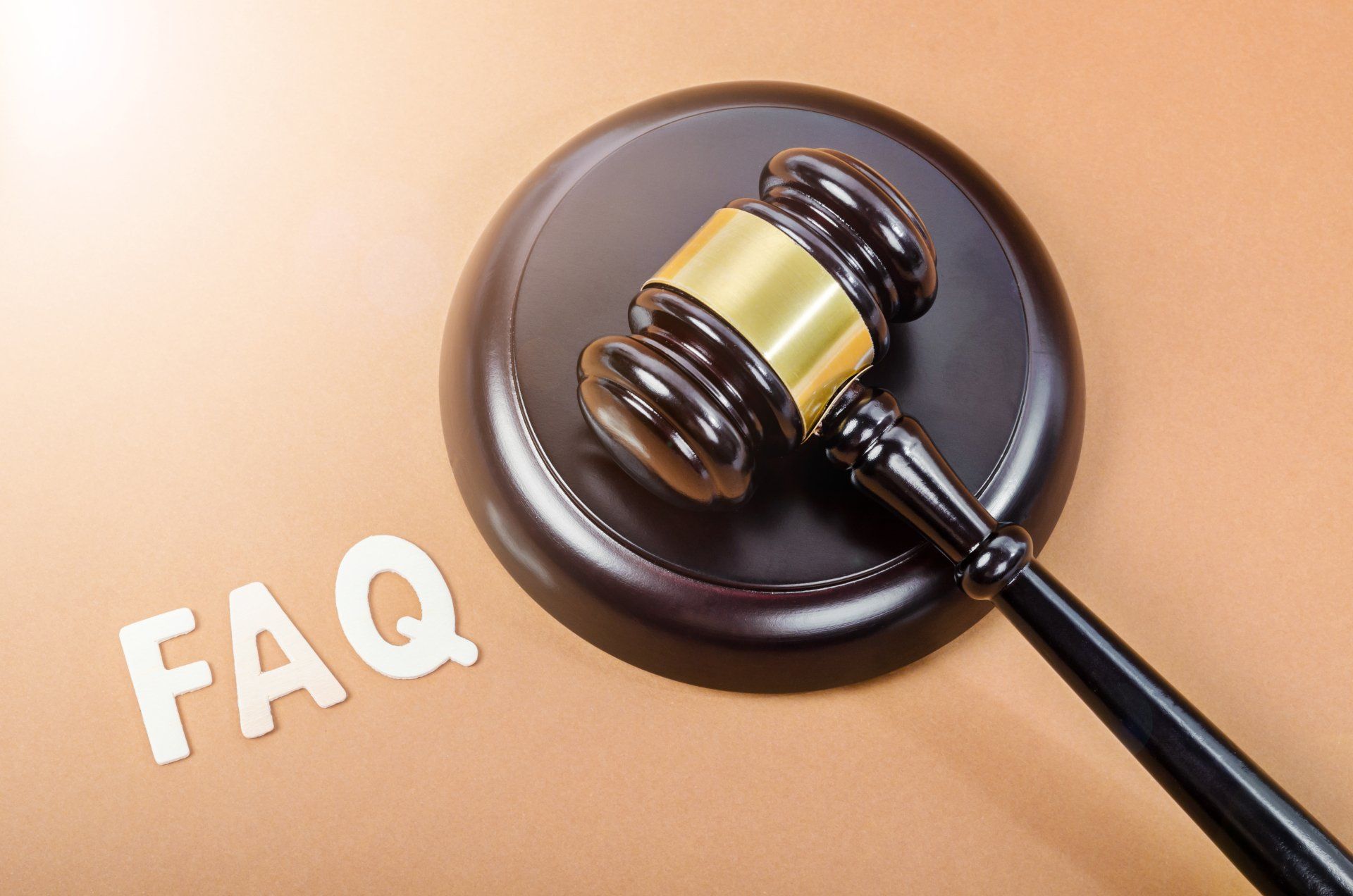FAQ's
Frequently Asked Questions Regarding Filing for Bankruptcy
Compassionate Philadelphia Main Line Bankruptcy Lawyer
Are you thinking about ending that downhill spiral and taking control of your financial difficulties by filing for bankruptcy, if so, you probably have a lot of questions. At The Law Offices of Christopher C. Carr, MBA. P.C., we can provide answers to those questions. For commonly asked questions, please see below.
-
What Can I Keep?
Under the Federal Bankruptcy Laws , Individuals are able to keep significant assets. Most people don't have to worry about losing their home, car or household goods, and you are allowed to keep more equity in your assets. If you have questions about specific assets and whether or not you can keep them, contact the office.
-
What Kind of Debt Can I Include in Bankruptcy?
All debts are included in bankruptcy and must be disclosed to your attorney and the court. This includes taxes, student loans, marital debt, medical bills, credit cards, home mortgages and car payments. However, even thought all debts are included in bankruptcy, not all debts are dischargeable.
-
What is a Discharge?
Ultimately, the goal of bankruptcy is to have your debts discharged. A discharge is an injunction stating that no one can ever ask you to pay the debt or collect it from you. Most debts can be discharged in bankruptcy. However, certain debts are exempted from discharge due to public policy reasons including those that arise from certain violations of the law. If you have questions about whether your debt can be discharged, contact the office.
-
What are the Different Kinds of Bankruptcy?
There are several different types of bankruptcies but most people fall into one of two options. These are known as chapter 7 and chapter 13. Under chapter 7 (also called a “liquidation bankruptcy”) you are looking to discharge all of your debts. In a chapter 13 (also called a “wage earner” bankruptcy) you intend to discharge the remainder of your debt after you have paid back a portion of the debt and have sufficient income to achieve this goal. Your specific goals and situation will determine under which chapter you file. Contact me to learn more about the differences between chapter 7 and chapter 13 bankruptcy.
-
What are the Costs and Fees?
The cost of a bankruptcy is determined by the complexity of the situation and the type of bankruptcy. The bankruptcy court supervises the attorney fees, and all fees must be approved by the court. In chapter 13 bankruptcy, when you are repaying bills, you must pay bills to trustees appointed by the court. Trustees make payments to creditors on a regular basis. This money is also used to pay the attorney fees.
-
What is the Effect of Filing for Bankruptcy?
After you file for bankruptcy, the court issues what is commonly referred to as an automatic stay? An automatic stay is an injunction that applies to creditors and orders them to stop taking action to collect debt, including telephone calls, letters, wage garnishment and repossession of cars. It also prevents utilities from being disconnected.
To learn about which type of bankruptcy is right for you, and to find out more about your rights. Contact our firm TODAY. We will sit down with you and asses your situation and goals
To schedule your free initial consultation, please contact us online; call (484) 320-8191 or email me at cccarresq@gmail.com.
Contact Info
Business Hours
- Mon - Fri
- -
- Sat - Sun
- Closed
Christopher C. Carr MBA, Attorney at Law


